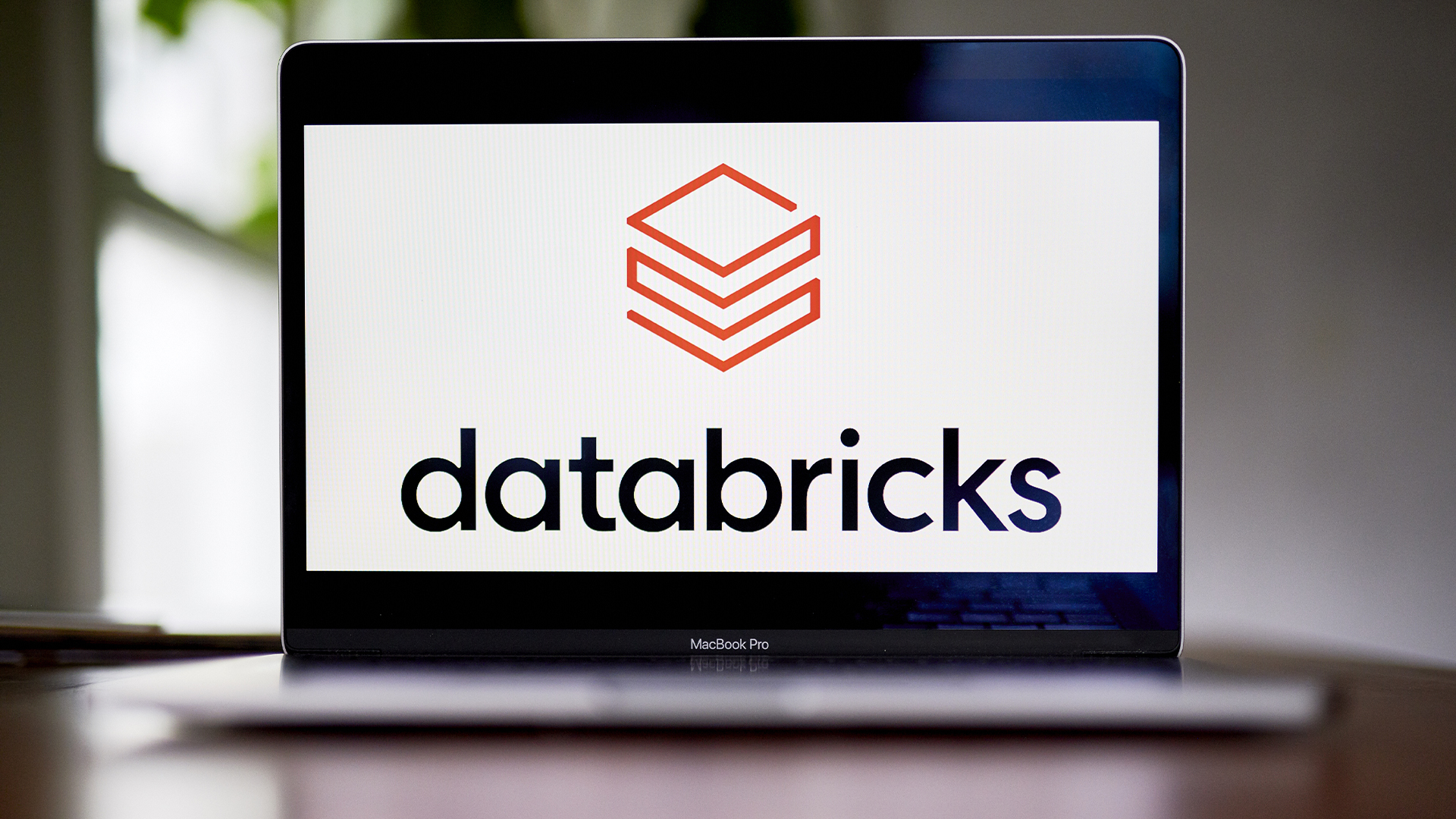Google's 'Project Jarvis' project could let AI agents take over computers
AI agents are the clear next step for LLMs, and naturally Google is on board


Google is believed to be working on an AI agent tool capable of autonomously navigating the web to complete tasks for users, according to reports.
Dubbed ‘Project Jarvis’, the AI-powered tool is reportedly able to act autonomously across a variety of functions, including email management, conducting research, and scheduling appointments.
Reporting from The Information last month said sources believed Project Jarvis would be demonstrated as early as December, ahead of public release with the next major update to its large language model (LLM), Gemini.
AI agents, also referred to as agentic AI, are predicted to be the next big trend in generative AI, allowing companies to put large language models to use automating actual tasks in the workplace, rather than remaining limited to text generation, data sifting, or coding tools.
Google's not the only big tech player building such agents. Microsoft has shown off agents that can reply to emails or automate customer requests, with similar efforts in the pipeline from OpenAI, Anthropic, and startups.
Google Cloud unveiled its Vertex AI agents earlier this year, using Gemini to help companies automate tasks such as answering employee questions about benefits or summarizing information about a security breach.
Salesforce, meanwhile, unveiled its Agentforce autonomous AI system in September, with CEO Marc Benioff hailing agents as the next evolutionary in the AI area and insisting customers had been "oversold" on the potential of AI.
Get the ITPro daily newsletter
Sign up today and you will receive a free copy of our Future Focus 2025 report - the leading guidance on AI, cybersecurity and other IT challenges as per 700+ senior executives
"We read about it in the press, the $300 billion spent on AI, but where are the actual tangible customer values?" Benioff said at the time.
What is an AI agent?
At the moment, generative AI requires input from users — a prompt to create a swathe of text or generate an image, for example. Some use cases are more proactive, such as coding support that suggests code or actively spots potential flaws.
But an agent isn't a chatbot locked into a system. Instead, it can go out in the digital world and complete tasks.
Reports suggest that's exactly what Google is working to develop via Project Jarvis, which is expected to arrive in the next update to the Gemini models.
At the moment, someone using an LLM for sifting through data would have to supply the relevant dataset first, be it directly or perhaps with an API pulling in the right information. With a computer-using agent, that's no longer the case.
Rather than trolling the web yourself for data, it will in theory be possible to send the agent online via the browser to gather up and organize useful information.
Beyond research and data gathering, such agents could — again, in theory — be able to click through any webpage just like a human, meaning it could be tasked with filling out forms, online purchases, and so on. In short, AI users could set up an agent with a to-do list of tasks and send it out via the browser to complete them.
Project Jarvis is focused on the browser — perhaps no surprise given Google's dominance of the browser market via Chrome — but in the future the aim is for such agents to be able to control any software on a computer, rather than just a browser.
Rival plans
Of course, Google isn't the only company looking to get AI completing actual tasks in the real — if digital — world.
Anthropic last month unveiled an early version of agents in an upgraded version of its Claude models, saying it would be able to click through websites and fill out forms, though the company admitted the system "is still experimental — at times cumbersome and error-prone".
And Microsoft showed off a system for making autonomous agents in its Copilot Studio, with partners testing the ability to automate client onboarding, process orders, and otherwise take over routine admin tasks. A public preview is set to arrive soon.
OpenAI has been talking about the idea of agents all year, with reports in February suggesting the company was working on a pair of AI agents to manage tasks online and in apps.
The AI developer last year unveiled an interface to help developers make their own agents, but reports quote OpenAI saying its models at the time were too limited, though it's since upgraded its models. At a recent developer day, the company said it hoped to release agents next year, demonstrating a voice assistant agent calling on the phone to order strawberries.
OpenAI predicted that agents or assistants powered by AI will "hit the mainstream" next year — given the launches lined up, that seems an easy bet.
Freelance journalist Nicole Kobie first started writing for ITPro in 2007, with bylines in New Scientist, Wired, PC Pro and many more.
Nicole the author of a book about the history of technology, The Long History of the Future.
-
 Bigger salaries, more burnout: Is the CISO role in crisis?
Bigger salaries, more burnout: Is the CISO role in crisis?In-depth CISOs are more stressed than ever before – but why is this and what can be done?
By Kate O'Flaherty Published
-
 Cheap cyber crime kits can be bought on the dark web for less than $25
Cheap cyber crime kits can be bought on the dark web for less than $25News Research from NordVPN shows phishing kits are now widely available on the dark web and via messaging apps like Telegram, and are often selling for less than $25.
By Emma Woollacott Published
-
 Google Cloud Next 2025: Targeting easy AI
Google Cloud Next 2025: Targeting easy AIITPro Podcast Throughout its annual event, Google Cloud has emphasized the importance of simple AI adoption for enterprises and flexibility across deployment
By Rory Bathgate Published
-
 OpenAI woos UK government amid consultation on AI training and copyright
OpenAI woos UK government amid consultation on AI training and copyrightNews OpenAI is fighting back against the UK government's proposals on how to handle AI training and copyright.
By Emma Woollacott Published
-
 Databricks and Anthropic are teaming up on agentic AI development – here’s what it means for customers
Databricks and Anthropic are teaming up on agentic AI development – here’s what it means for customersNews Simplifying agentic AI adoption is the name of the game for Databricks
By Ross Kelly Published
-
 DeepSeek and Anthropic have a long way to go to catch ChatGPT: OpenAI's flagship chatbot is still far and away the most popular AI tool in offices globally
DeepSeek and Anthropic have a long way to go to catch ChatGPT: OpenAI's flagship chatbot is still far and away the most popular AI tool in offices globallyNews ChatGPT remains the most popular AI tool among office workers globally, research shows, despite a rising number of competitor options available to users.
By Ross Kelly Published
-
 Microsoft launches new security AI agents to help overworked cyber professionals
Microsoft launches new security AI agents to help overworked cyber professionalsNews Microsoft is expanding its Security Copilot service with new AI agents to help overworked IT teams deal with surging security threats.
By Bobby Hellard Published
-
 ‘DIY’ agent platforms are big tech’s latest gambit to drive AI adoption
‘DIY’ agent platforms are big tech’s latest gambit to drive AI adoptionAnalysis The rise of 'DIY' agentic AI development platforms could enable big tech providers to drive AI adoption rates.
By George Fitzmaurice Published
-
 Google DeepMind’s Demis Hassabis says AI isn’t a ‘silver bullet’ – but within five to ten years its benefits will be undeniable
Google DeepMind’s Demis Hassabis says AI isn’t a ‘silver bullet’ – but within five to ten years its benefits will be undeniableNews Demis Hassabis, CEO at Google DeepMind and one of the UK’s most prominent voices on AI, says AI will bring exciting developments in the coming year.
By Rory Bathgate Published
-
 Google Cloud announces UK data residency for agentic AI services
Google Cloud announces UK data residency for agentic AI servicesNews With targeted cloud credits and skills workshops, Google Cloud hopes to underscore its UK infrastructure investment
By Rory Bathgate Published